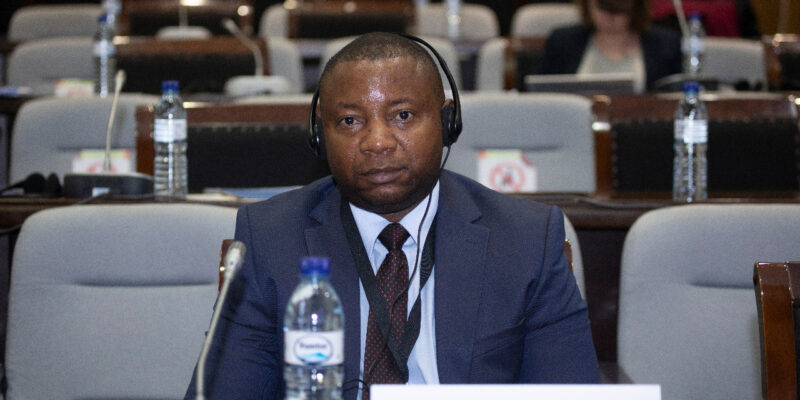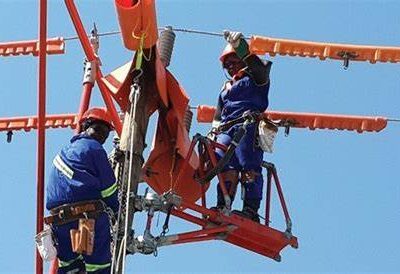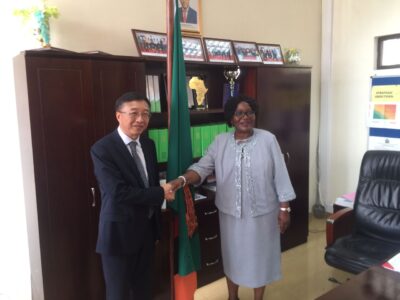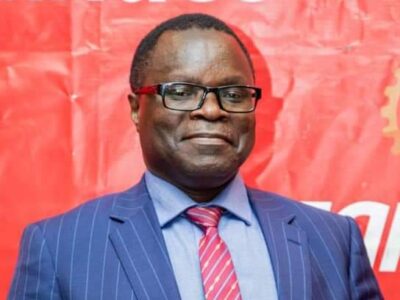Zambia’s policy group has called for harmonisation of the policy framework for maintenance of infrastructure to facilitate for timely execution of conservation activities.
Zambia is one of the fastest growing economies in Africa and its sustained development is dependent on a well-functioning infrastructure sector, the Policy Monitoring and Research Center (PMRC) acting Executive Director Sydney Mwamba said.
Mwamba said harmonisation of policy framework for infrastructure maintenance would help in attaining climate change resilience and adaptive capacities on the various infrastructure Zambia.
He observed that maintenance of infrastructure especially non-movable assets was project and sector based which had proved to be unsustainable in the long term as most sectors had other competing needs such as expansion of infrastructure thus not prioritising maintenance needs.
Mwamba said it was therefore important that harmonisation of the policy framework for maintenance of infrastructure was done to facilitate for timely execution of maintenance activities.
Read more: Turkey pledges support towards Zambia’s infrastructure development agenda
“Within these sectors most of the infrastructure built is project based implying that the contractor supports the maintenance of a particular project within the first year.
“Thereafter, the maintenance is left to the beneficiaries with no proper long-term sustainability and maintenance plan,” Mwamba said in the PMRC newsletter.
He pointed out that climate change impacts had continued to pose a huge cost to the treasury with regards to maintenance and rebuilding of infrastructure as a result of damages from heavy rainfall and rise in temperatures leading to loss in connectivity thus compromising access to essential services.
However, Mwamba said, these impacts could be mitigated and avoided by implementing pro-active adaptation measures with a well spelt out plan.
He said infrastructure, particularly roads were a lifeline for economic and agricultural livelihoods in rural areas and as a key for access to health, education, credit finance, political participation and many other human needs.
“However, extreme weather variability has over the years posed a costly hazard to roads, bridges, schools and health facilities in terms of degradation and collapse resulting in decreased lifespan of the critical infrastructure in the country.
“In view of these challenges, Zambia needs a robust strategy to finance and invest in climate resilient and sustainable infrastructure,” Mwamba said.












Comments